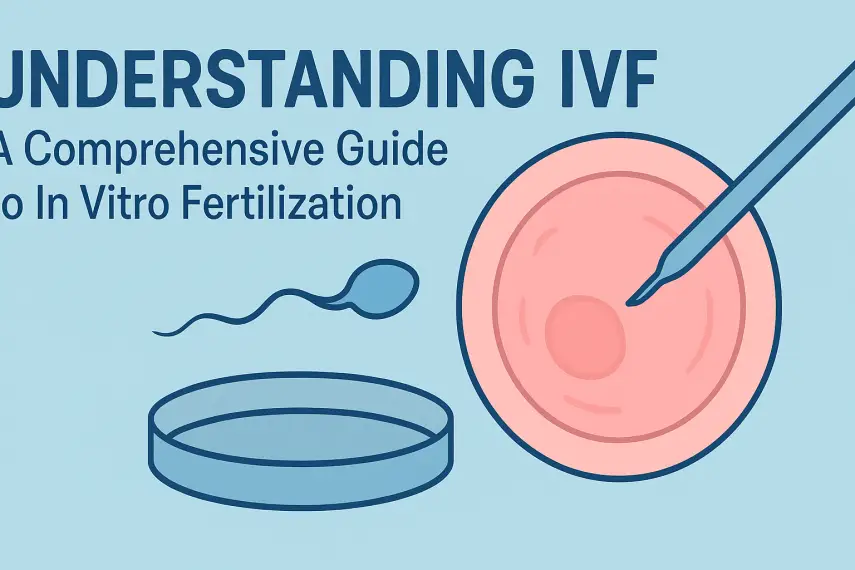
Comprehensive Guide to Women, Mother & Child Health: Tips, Strategies, and Best Practices
📑 Contents
Comprehensive Guide to Women, Mother & Child Health: Tips, Strategies, and Best Practices
Women, mother, and child health is a cornerstone of thriving communities. Focusing on this area ensures healthier families, improved child development, and reduced mortality rates. This comprehensive guide explores crucial aspects of women’s and children’s health, including prenatal care, nutrition, common health challenges, preventive strategies, and practical wellness tips. Whether you are a woman, an expectant mother, or a caregiver, this article provides actionable insights to help you and your loved ones lead healthier lives.
Understanding Women’s Health: Foundations for Well-being

Women’s health encompasses a wide array of physical, mental, and emotional needs that evolve over a lifetime. From adolescence through menopause, women face unique health challenges that require specialized care and attention. Key areas include reproductive health, menstrual health, breast health, and mental well-being.
Common Women’s Health Concerns
- Reproductive Health: Includes menstrual disorders, fertility issues, and contraception.
- Breast Health: Regular self-exams and screenings are vital for early detection of issues.
- Mental Health: Women are more prone to anxiety, depression, and postpartum mood disorders.
- Bone Health: Osteoporosis risk increases after menopause due to lower estrogen levels.
Preventive Care for Women
Routine check-ups, Pap smears, mammograms, and vaccinations are crucial. Early detection of conditions such as cervical cancer, breast cancer, and sexually transmitted infections (STIs) can significantly improve outcomes.
Maternal Health: Ensuring a Healthy Pregnancy and Beyond

Maternal health refers to the health of women during pregnancy, childbirth, and the postpartum period. It is critical for the well-being of both mother and child. Well-planned prenatal care, proper nutrition, and emotional support can prevent many complications.
Key Components of Maternal Health
- Prenatal Care: Regular visits to a healthcare provider help monitor the health of both mother and baby, identify risks, and provide necessary interventions.
- Nutrition: A balanced diet with adequate folic acid, iron, calcium, and protein supports fetal development and maternal strength.
- Physical Activity: Moderate exercise, as advised by a doctor, can help manage weight, mood, and labor outcomes.
- Mental Health: Emotional well-being is as important as physical health. Seek support for anxiety, depression, or stress during and after pregnancy.
Common Maternal Health Issues
- Gestational diabetes
- Preeclampsia
- Preterm labor
- Postpartum depression
Child Health: Building Blocks for a Healthy Future

Child health is shaped by genetics, environment, nutrition, and parental care. Early childhood is a critical window for physical, cognitive, and emotional development. Preventive healthcare, proper nutrition, and a safe environment are essential to ensure children reach their full potential.
Essential Elements of Child Health
- Immunizations: Vaccines protect children from potentially life-threatening diseases.
- Nutrition: Breastfeeding, followed by a balanced diet, supports growth and immunity.
- Growth Monitoring: Regular check-ups help track development and catch issues early.
- Hygiene: Teaching handwashing and dental care prevents infections and dental problems.
Common Childhood Health Challenges
- Respiratory infections
- Diarrheal diseases
- Malnutrition
- Allergies and asthma
Nutrition for Women, Mothers, and Children
Good nutrition is foundational for overall health. Nutritional needs vary by age, gender, and life stage. For women, especially those who are pregnant or breastfeeding, and for growing children, a diverse diet rich in essential nutrients is vital.
| Nutrient | Women (19-50 yrs) | Pregnant Women | Children (1-8 yrs) |
|---|---|---|---|
| Protein (g) | 46 | 71 | 13-19 |
| Iron (mg) | 18 | 27 | 7-10 |
| Calcium (mg) | 1000 | 1000 | 700-1000 |
| Folic Acid (mcg) | 400 | 600 | 150 |
| Vitamin D (IU) | 600 | 600 | 600 |
*Values are general guidelines. Individual needs may vary based on health status and medical advice.
Mental Health for Mothers and Children
Mental health is often overlooked but is crucial for the well-being of both mothers and children. Maternal mental health can impact parenting and child development, while children’s emotional health shapes their future resilience and social skills.
Supporting Maternal Mental Health
- Stay connected with supportive friends and family.
- Seek professional help if experiencing prolonged sadness, anxiety, or mood changes.
- Engage in stress-reducing activities such as yoga, meditation, or gentle exercise.
Promoting Children’s Emotional Well-being
- Encourage open communication and active listening.
- Help children identify and express their emotions.
- Establish routines and provide a safe, nurturing environment.
Preventive Strategies and Wellness Tips
Prevention is better than cure. Adopting healthy habits and regular screenings can prevent many health issues in women, mothers, and children.
Top Preventive Health Strategies
- Regular Screenings: Annual check-ups, dental visits, and vision tests.
- Vaccinations: Stay updated with recommended vaccines for all ages.
- Healthy Lifestyle: Balanced diet, regular physical activity, adequate sleep, and hydration.
- Safe Environment: Childproof homes, use of car seats, and smoke-free surroundings.
- Education: Stay informed about health topics relevant to your family’s needs.
Frequently Asked Questions (FAQs)
1. How often should women have health check-ups?
Women should have annual check-ups, including blood pressure, cholesterol, and cancer screenings as recommended by their healthcare provider. Frequency may increase based on age, risk factors, and medical history.
2. What are the most important prenatal vitamins?
Folic acid, iron, calcium, and vitamin D are essential during pregnancy. These support fetal development and maternal health. Always consult a healthcare provider before starting supplements.
3. How can I boost my child’s immunity naturally?
Ensure your child eats a balanced diet, gets regular physical activity, maintains good hygiene, and receives all recommended immunizations. Adequate sleep and a stress-free environment also support immunity.
4. What are signs of postpartum depression?
Symptoms include persistent sadness, withdrawal from loved ones, changes in appetite or sleep, and difficulty bonding with the baby. If you notice these signs, seek help from a healthcare professional.
5. When should children start regular dental check-ups?
Children should visit the dentist by their first birthday or within six months of their first tooth erupting. Early dental care prevents cavities and establishes good oral hygiene habits.
Summary
Women, mother, and child health is a vital area that requires attention at every stage of life. Prioritizing preventive care, balanced nutrition, regular screenings, and mental health can lead to healthier families and communities. By staying informed and proactive, women and caregivers can ensure the well-being of themselves and their children, setting the foundation for a brighter, healthier future.











